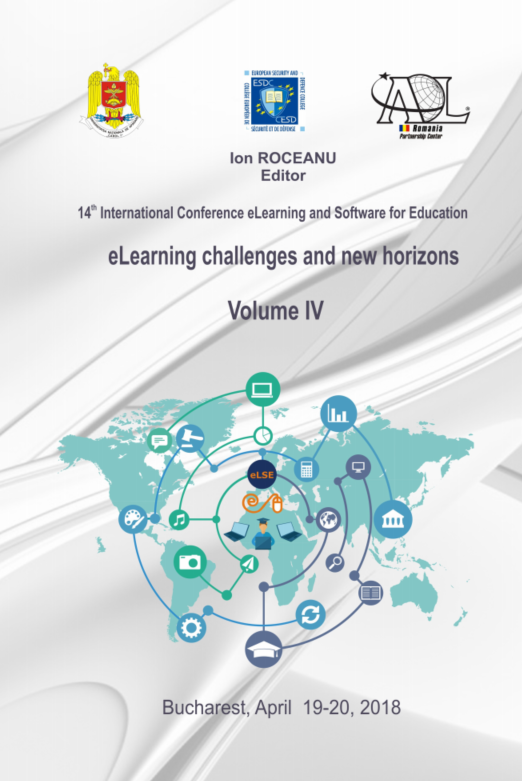Open Educational Resources – A Must for Education System in Romania
Open Educational Resources – A Must for Education System in Romania
Author(s): Monica Condruz-BacescuSubject(s): Social Sciences, Education
Published by: Carol I National Defence University Publishing House
Keywords: open educational resources; education system; courses; platforms; universities; schools;
Summary/Abstract: The paper focuses on the concept of open educational resources (OER) and their influence on Romanian education system. The concept of OER appeared in 2002 at the UNESCO forum, representing any kind of didactic projects, course materials, textbooks, video materials, multimedia applications or files from the Internet, used in the teaching-learning process. They are used free of charge by teachers or students. Another important issue approached is the advantages and risks of using OER. Some of the advantages are: access to quality education for a larger number of persons; growing the community’s interest in education; stimulation of innovation; low cost. And the risks are: low relative priority of the subject in the education reform; it is impossible to control the OER quality; there is not a viable business model based on OER. The last part of the paper deals with OER in Romania. The concept of open educational resources is new in Romania, even if in practice we find examples of such materials. The introduction of digital textbooks is one of the new projects proposed by the Ministry of Education. Like all over the world, the private sector - businesses or non-governmental organizations - is more dynamic and connected to the latest ideas. It is no surprise, therefore, that even with regard to OER, we find several exploratory attempts, some of which are relatively successful: DidaTec, Edu.moodle.ro, Didactic.ro, Education.inmures.ro. The conclusion is that the digital dimension of education will become more important in the years to come and that it is a phenomenon that we can not control. Romania has three major options: let things grow naturally; speed up the process by stimulating the creation and use of OER through public policy measures; force a rapid shift from traditional resources to OER through major investments and specific legislation. Of the three options we recommend the second, the one of equilibrium.
Journal: Conference proceedings of »eLearning and Software for Education« (eLSE)
- Issue Year: 14/2018
- Issue No: 04
- Page Range: 296-302
- Page Count: 7
- Language: English

